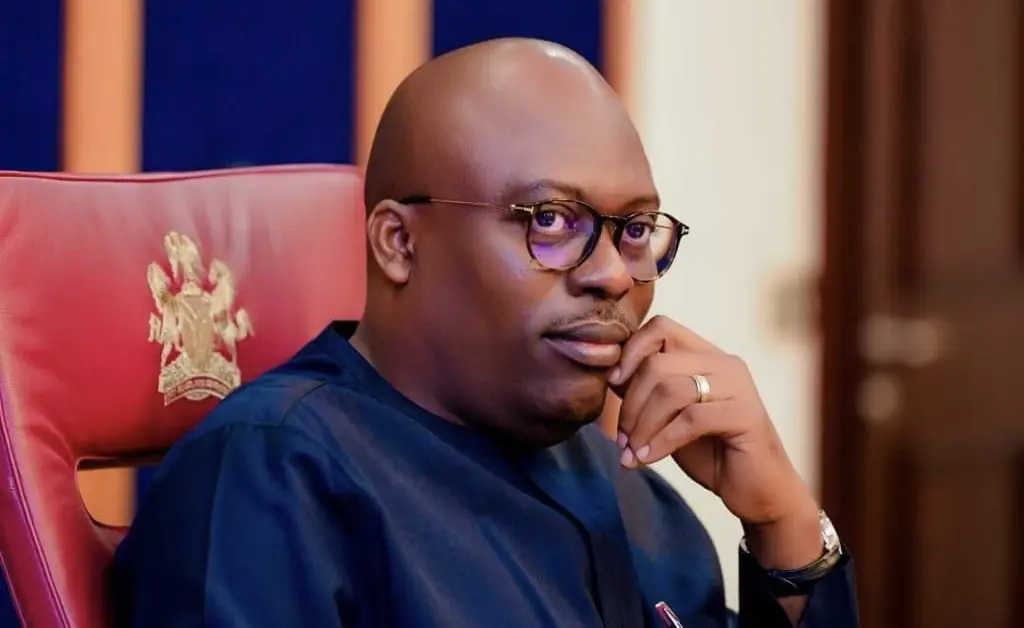The political situation in Rivers State has intensified, with major ethnic groups like the Ijaw National Congress (INC) and the Ijaw Youths Council (IYC) voicing strong opposition against any move to impeach Governor Siminalayi Fubara.
Their concerns are rooted in the broader political dynamics of the Niger Delta, particularly the role of the Ijaw people in the region’s governance and the implications for the oil-rich state.
The dispute centers around a series of legal and political challenges, including the expiration of an ultimatum by the Rivers State House of Assembly for Fubara to resubmit the 2025 budget.
This follows the Supreme Court’s ruling in late February 2025 that confirmed the legitimacy of the assembly while nullifying the October 2024 local government elections.
The political standoff has escalated tensions, especially with the INC and IYC warning that any impeachment attempt would have dire consequences for the region, potentially destabilizing the Niger Delta and affecting oil production.
A key point of contention is the involvement of Nyesom Wike, Fubara’s predecessor and the current Minister of the Federal Capital Territory.
The INC has accused political elites from the Ikwerre ethnic group, which Wike belongs to, of trying to undermine Fubara’s leadership. This has led to a series of tense exchanges between different factions within the state.
The Ijaw groups have threatened to take drastic action if Fubara is removed, arguing that such a move would be seen as a direct affront to the will of the Rivers people.
They also emphasised that their opposition to the ongoing political maneuvering was not just a defense of Fubara, but a defense of the Ijaw people’s long-standing contributions to the state and the country.
They vowed to resist any attempt to destabilize the state, warning that this could lead to economic repercussions, particularly in the oil industry, which is a critical contributor to Nigeria’s economy.
The Supreme Court’s ruling, which nullified the October 2024 local government elections, has further complicated the situation.
The INC and IYC have criticized the judgment, calling it “provocative” and claiming that it was politically motivated. The groups have even called for the review of the decision, especially as it pertains to the exclusion of Ijaw interests in the region.
Moreover, the potential for renewed violence looms large. The IYC has expressed concerns about plans to disrupt the state’s peace and economy, particularly as they believe the 48-hour ultimatum to Fubara is part of a broader plot to remove him.
The Ijaw leadership is rallying its members to ensure that Fubara’s mandate is respected.
In response to the growing tension, the Niger Delta Development Commission (NDDC) has called for peaceful engagement rather than violent agitations.
However, local leaders, such as the Olu of Igbokoda in Ondo State, have dismissed these peacebuilding efforts as insufficient without addressing the deeper issues of political exclusion, marginalization, and neglect of the Niger Delta people by the federal government.
These issues—political, ethnic, and economic—are now at the forefront of Rivers State’s political crisis.
The INC, IYC, and other regional leaders are looking to President Bola Tinubu for intervention, stressing that any destabilization in Rivers could ripple across the entire country, impacting everything from governance to national oil production.
The unfolding drama suggests a critical moment for Nigeria’s leadership to find a resolution that addresses both the political and economic dimensions of the crisis.



